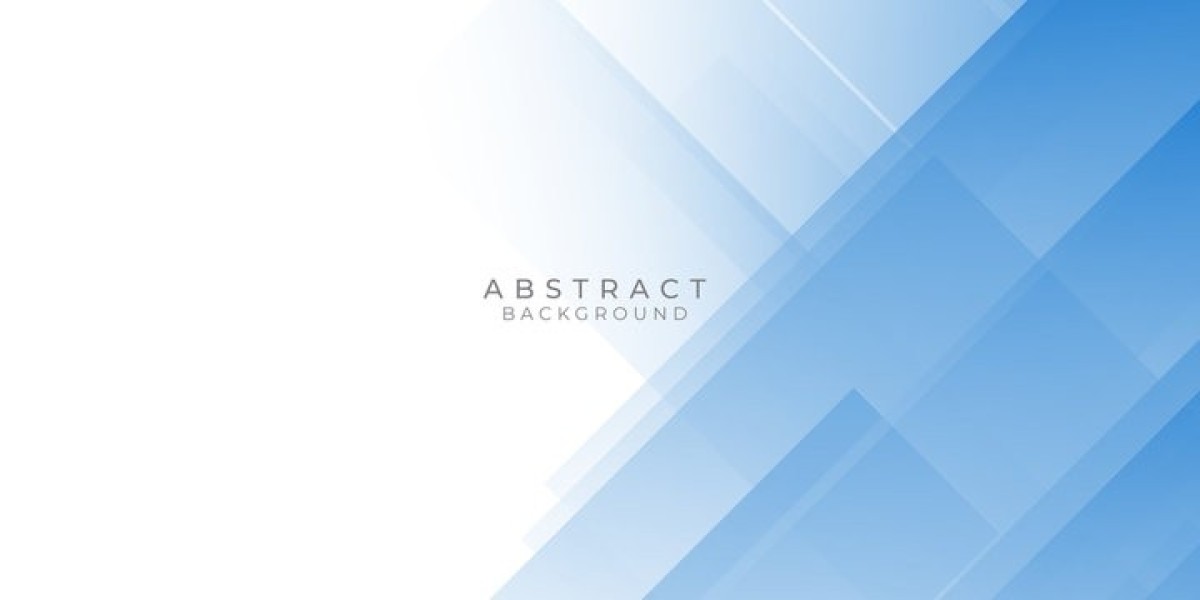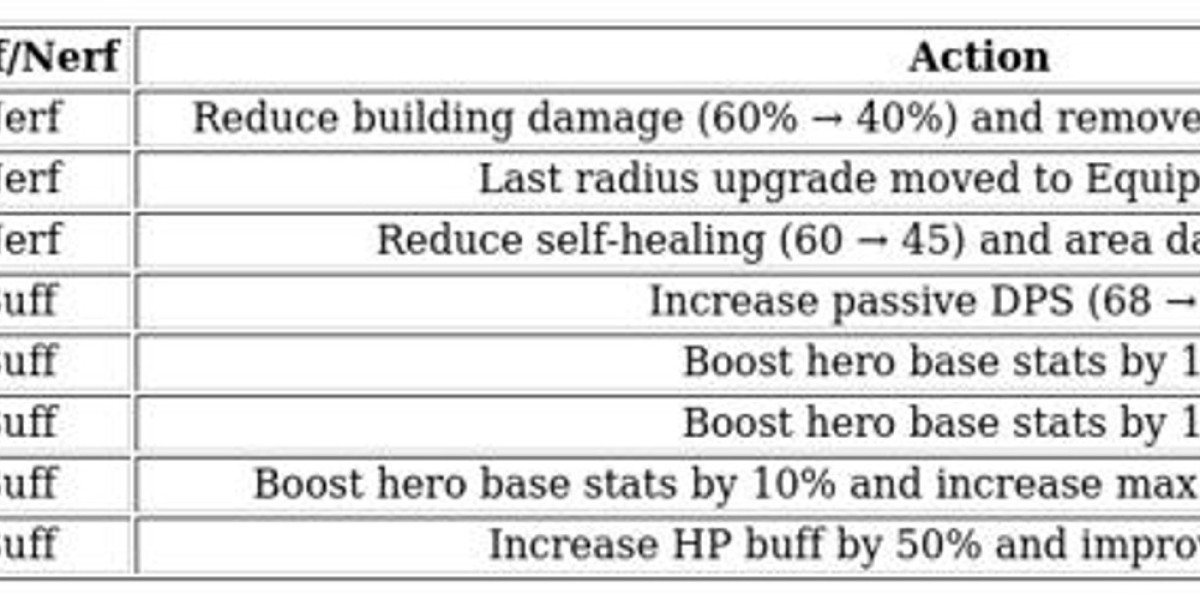
Massachusetts sports betting could look totally different if a new costs proposed in the Senate achieves success. And if history is any indicator, controlled sports betting in other states might also alter significantly.
SD 1657 was presented by Sen. John Keenan. "An Act Addressing Economic, Health, and Social Harms Caused by Sports Betting" aims to increase the current sports betting tax rate from 20% to 51%. Additionally, Sen. Keenan calls for a complete restriction on live betting (in-game betting) and prop bets.
The main point to bear in mind is that Massachusetts has actually been at the leading edge of more stringent sports betting policies. The 2nd thing to understand is that the language of this costs resembles the SAFE Bet Act, a federal piece of legislation presented in 2024.
This bill was presented not long after previous Massachusetts Governor and current NCAA president Charlie Baker affirmed in front of the Senate in a meeting on sports betting policy.
So, while this is presently a Massachusetts costs, it's most likely to impact other states that provide regulated sports betting.

A closer look at SD 1657
Taxation
Beginning with the tax rate increase, bringing sports betting to 51% has been a target for Sen. Keenan before. Keenan proposed a tax increase at the last legislative session, but it was rejected. This boost would have been available in the state's budget plan expense.
Just three markets have tax rates of 51%, the highest in the nation: New York, Rhode Island, and New Hampshire. At 20%, Massachusetts currently ranks 6th highest.
Prohibiting live betting and prop betting
The measure prohibits in-play (live betting) or prop betting. Just straight wagers would be permitted, restricting sportsbooks to providing just moneyline, spread, and totals.

While Massachusetts and other markets have restrictions on collegiate wagering, this would affect even professional sporting occasions.
The costs likewise seeks to add rewards and same-game parlays to the classification of "unreasonable and deceptive practices." Sportsbooks favour same-game parlays due to their high "hold" percentage, the quantity of money they deflect each $1 wagered.
Player Limits
SD 1657 likewise intends to create necessary daily and monthly limitations for bettors. Bettors could not wager more than $1,000 a day and $10,000 a month without an 'price assessment' which involves checking bank accounts. A player can not wager more than 15% of the amount in their account.
Massachusetts would become the very first market to need an affordability assessment on bettors.
Advertising limitations
Keenan also wishes to get rid of advertising during telecasted sporting events. The measure would forbid sportsbooks from running ads throughout video games. The Massachusetts Gaming Commission has looked into developing a restriction on in-game advertisements before. However, this did not go through as national television deals make this hard to impose.
Will the step pass?
The procedure is severe in its modifications to the sports betting industry in Massachusetts. Banning prop betting and increasing the sports betting tax rate will likely cause pushback from local sportsbooks and market fans.
Because of this, the step will likely be combated in the Senate and your home of Representatives. In the previous session, Keenan stopped working to raise the tax rate.
He would need to encourage the other senators who did not support his initiative before to alter their minds. If and when the Senate discusses this procedure, it is difficult to inform how it will be gotten.


